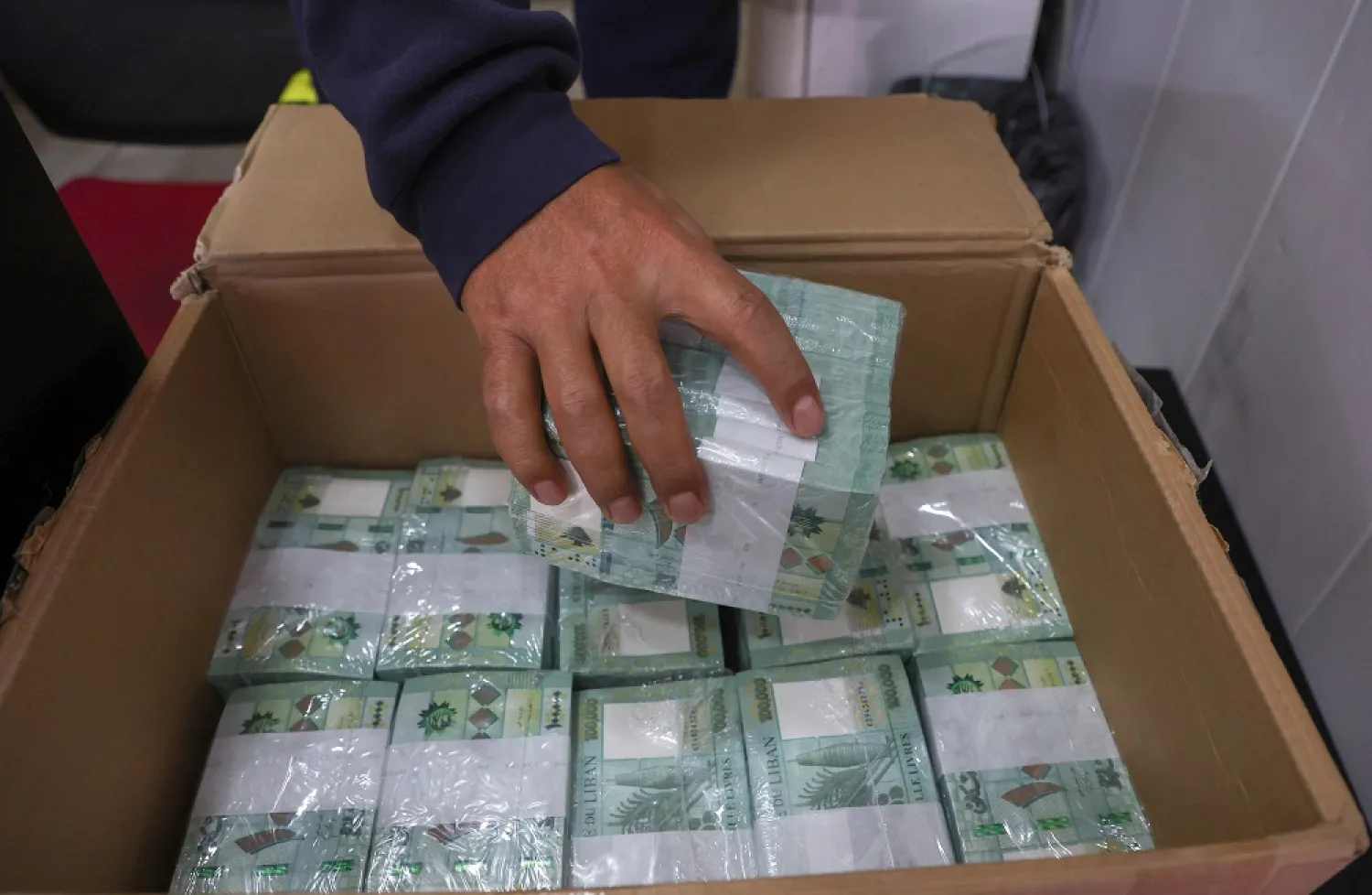Lebanon devalued its official exchange rate for the first time in 25 years on Wednesday, weakening it by 90% but still leaving the local currency well below its market value.
The pound has crashed since a financial meltdown in 2019 after decades of corruption, profligate spending and mismanagement by the ruling elite in Lebanon which has left the crisis to fester despite soaring poverty.
The central bank confirmed the new official rate of 15,000 pounds per dollar, scrapping the rate of 1,507.5 pounds at which the currency was pegged for decades before the collapse.
Market participants said the pound was changing hands at around 60,000 per dollar on Wednesday on the parallel market where most trades take place.
Lebanese officials have described the adoption of the new official exchange rate as a step towards unifying an array of rates that have emerged during the crisis.
Unifying multiple exchange rates is one of several steps sought by the International Monetary Fund for Lebanon to clinch a $3 billion aid package that would help it to emerge from the meltdown.
But the IMF said last year progress in implementing reforms remained "very slow", with the bulk yet to be carried out despite the gravity of a crisis marking Lebanon's most destabilizing phase since the 1975-90 civil war.
The new rate will be applied to limited withdrawals in local currency from US dollar accounts, from which depositors have been largely unable to withdraw hard currency since 2019.
It is also due to be applied to customs duties in the country that depends heavily on imports.
Continuing a ‘failed’ policy
Central bank governor Riad Salameh told Reuters on Tuesday the change would also lead to a decrease in the equity of banks.
In the absence of reforms to plug a $70 billion hole in the financial system, depositors have shouldered the burden of the collapse as they have been frozen out of their hard currency savings or forced to withdraw in pounds at a heavy loss.
Withdrawals in Lebanese pounds from hard currency accounts at the new official rate will still suffer a de facto haircut of 75% based on Wednesday's market rate.
Toufic Gaspard, an economist who has worked as an adviser to the IMF and to the Lebanese finance minister, said the move was not a major development in the bigger picture.
"Following the biggest banking collapse in modern history, nothing has been done for the last 3-1/2 years. Not a single significant measure has been taken by the authorities in the political, monetary and fiscal domains," he said.
"They are telling the poor depositors you will get a little bit more but then this is eaten up by inflation and taxes."
Nasser Saidi, a former economy minister and central bank vice governor, in a note said the move was a "continuation of (a) failed exchange rate pegging/fixing policy that has generated the biggest financial crisis in history".









